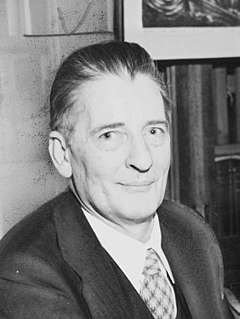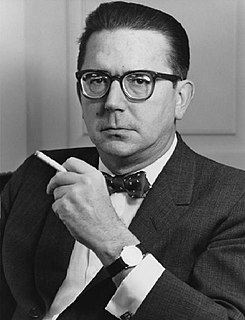A Quote by Darryl Pinckney
When you are writing the kind of criticism you hope you're writing, everything depends on keeping your calm or your cool. You're trying to tell someone about something that they may know nothing about. They depend on you to read or interpret as best as you can.
Related Quotes
The secret to writing is writing. Lots of people I know talk about writing. They will tell me about the book they are going to write, or are thinking about writing, or may write some day in the future. And I know they will never do it. If someone is serious about writing, then they will sit down every day and put some words down on paper.
For me writing is a long, hard, painful process, but it is addictive, a pleasure that I seek out actively. My advice to young writers is this: Read a lot. Read to find out what past writers have done. Then write about what you know. Write about your school, your class, about your teachers, your family. That's what I did. Each writer must find his or her own kind of voice. Finally, you have to keep on writing.
Let's say you have $1,000,000 tied up in your little company and suddenly your advertising isn't working and sales are going down. And everything depends on it. Your future depends on it, your family's future depends on it, other people's families depend on it. Now, what do you want from me? Fine writing? Or do you want to see the goddamned sales curve stop moving down and start moving up?
Darling, You asked me to write you a letter, so I am writing you a letter. I do not know why I am writing you this letter, or what this letter is supposed to be about, but I am writing it nonetheless, because I love you very much and trust that you have some good purpose for having me write this letter. I hope that one day you will have the experience of doing something you do not understand for someone you love. Your father
Writing has to do with truth-telling. When you're writing, let's say, an essay for a magazine, you try to tell the truth at every moment. You do your best to quote people accurately and get everything right. Writing a novel is a break from that: freedom. When you're writing a novel, you are in charge; you can beef things up.
Say who you are, really say it in your life and in your work. Tell someone out there who is lost, someone not yet born, someone who won’t be born for 500 years. Your writing will be a record of your time. It can’t help but be that. But more importantly, if you’re honest about who you are, you’ll help that person be less lonely in their world because that person will recognise him or herself in you and that will give them hope.
You're writing for some version of yourself. You're writing the kinds of things that you like to read or wanted to read at a certain point. So, primarily for most of my career, I've written the kind of criticism that fascinates me. The things I discovered the things that get me going, that I'm excited about.






































